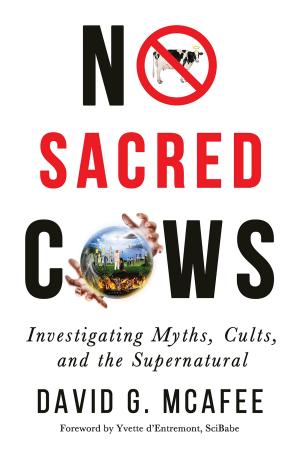PsychoBible
Behavior, Religion & the Holy Book
Nonfiction, Religion & Spirituality, Bible & Bible Studies, Criticism & Interpretation| Author: | Armando Favazza | ISBN: | 9780985281571 |
| Publisher: | Pitchstone Publishing | Publication: | October 1, 2003 |
| Imprint: | Pitchstone Publishing | Language: | English |
| Author: | Armando Favazza |
| ISBN: | 9780985281571 |
| Publisher: | Pitchstone Publishing |
| Publication: | October 1, 2003 |
| Imprint: | Pitchstone Publishing |
| Language: | English |
With 2,000 religious denominations and nearly 500,000 churches and temples in the United States, the Bible is not only doctrinally confusing, but behaviorally confusing, too. Is it a sin to drink alcohol? Will prayer cure the sick? Is homosexuality an abomination? Why is celibacy so highly valued? Do belief and feminism mix? How should the Passion be interpreted? In this enlightening and entertaining work, Armando Favazza, a world-renowned psychiatrist specializing in culture and society, explores these and other questions and examines the impact of the Bible on behavior through time and space—from the Holy Book's gradual formation thousands of years ago to the present day. This is an indispensable work for all those interested in better understanding the foundations of society's—and perhaps even their own—beliefs and behaviors, and is a thought-provoking read for those not afraid to inform their faith.
With 2,000 religious denominations and nearly 500,000 churches and temples in the United States, the Bible is not only doctrinally confusing, but behaviorally confusing, too. Is it a sin to drink alcohol? Will prayer cure the sick? Is homosexuality an abomination? Why is celibacy so highly valued? Do belief and feminism mix? How should the Passion be interpreted? In this enlightening and entertaining work, Armando Favazza, a world-renowned psychiatrist specializing in culture and society, explores these and other questions and examines the impact of the Bible on behavior through time and space—from the Holy Book's gradual formation thousands of years ago to the present day. This is an indispensable work for all those interested in better understanding the foundations of society's—and perhaps even their own—beliefs and behaviors, and is a thought-provoking read for those not afraid to inform their faith.















